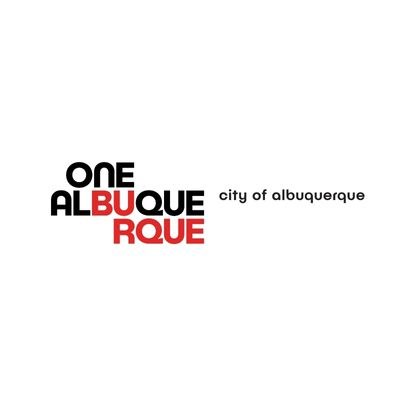
Mayor Keller Signs Legislation to Expand Support for Individuals Experiencing Substance use Disorder
$2.9 Million in Opioid Settlement Funds to Boost Crisis Response and Recovery Housing through the Albuquerque Community Safety Department.
Today, Mayor Tim Keller joined leaders from the Albuquerque Community Safety Department (ACS), and several City Councilors to sign Bill R-25-180, a measure dedicating nearly $2.9 million in opioid settlement funds to expand local services for individuals struggling with substance use disorder and housing instability.
The funding, guided by the New Mexico Opioid Allocation Agreement and informed by the Vital Strategies report, will strengthen the City’s public health response by investing in two key initiatives:
- Expansion of Mobile Crisis Response Services – $1,016,162.94 will go toward expanding ACS’s Street Outreach program, providing more crisis stabilization, navigation, and wraparound services to individuals at risk.
- Recovery Housing Support – $1.9 million will be used to provide housing support, stability, and eviction prevention services for people in recovery, helping them transition into long-term housing and treatment stability.
“This is another step in our city’s commitment to tackling the challenges of substance use, homelessness, and mental health,” said Mayor Tim Keller. “We’re using every tool available, including opioid settlement funds, to support real people on the path to recovery and stability. Our Community Safety Department is leading the way in creating compassionate, effective alternatives that save lives.”
According to the Vital Strategies report, more than 60% of people experiencing homelessness in Bernalillo County report polysubstance use, and they are ten times more likely to die from an opioid overdose than the general population. Fentanyl is present in over 70% of overdose deaths among unhoused individuals.
The Albuquerque Community Safety Department’s Street Outreach Navigation Team is already seeing strong results, having successfully housed 62 out of 80 individuals they have engaged, which is a 78% housing outcome rate. With this new investment, ACS will expand its capacity to reach more people in need of both emergency intervention and long-term recovery support.
“Recovery and housing stability go hand in hand,” said ACS Director Jodie Esquibel. “With this funding, we can continue to meet people where they are, offering them dignity, care, and the support they need to take the next step toward recovery and independence.”
The initiative aligns with the City’s ongoing efforts to create a diversified public health and safety strategy, ensuring that every resident has access to trauma-informed care and compassionate response services.

